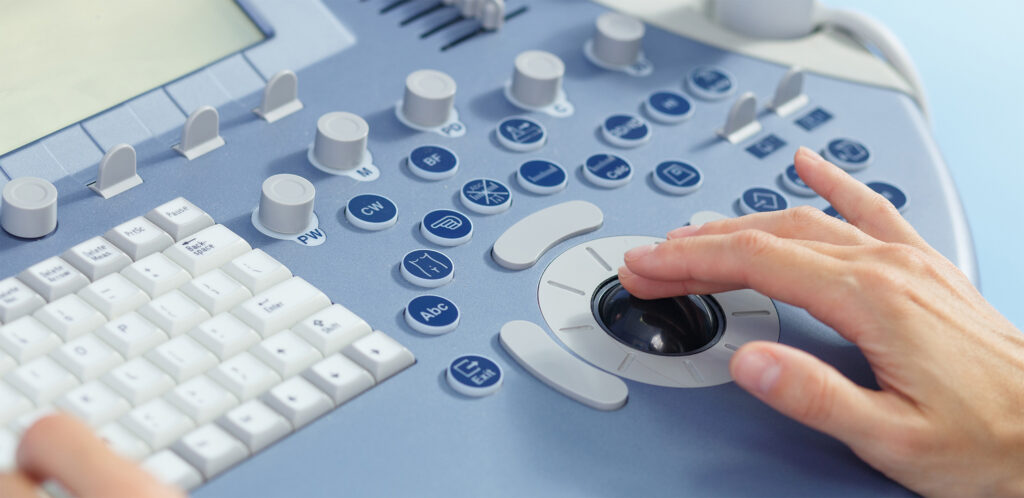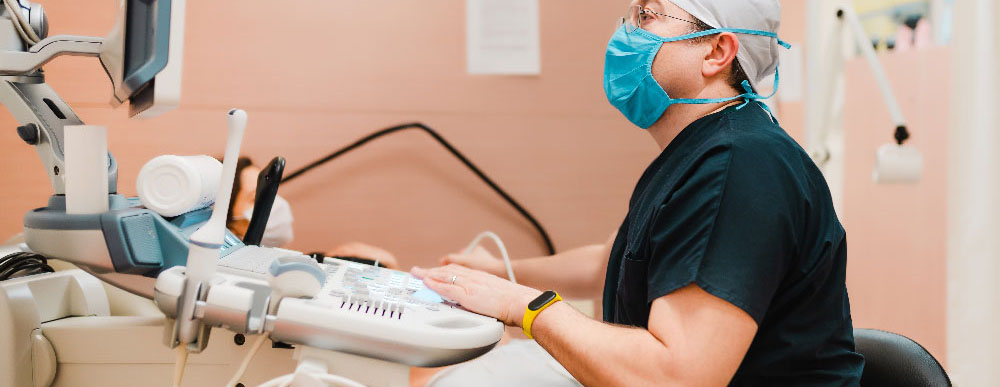Train
Read the UPVA Curriculum

Learn with text and diagrams
This curriculum teaches POCUS techniques for identifying an optimal target vein and performing an ultrasound-guided intravenous (IV) insertion. All examination questions are based on the curriculum.
SECTION 1
POCUS
basics
5 modules with diagrams
- Ultrasound controls
- Physics of ultrasound
- Probe movements
- Probe types
- System care
SECTION 2
Advanced skills for certification
1 module
- Vasculature mapping and IV insertion
Sign up for a course
The following UPVA courses are offered by independent organizations
(listed alphabetically A-Z)
Certain courses are CPoCUS-accredited by meeting
CPoCUS quality and training criteria
Note: CPoCUS does not determine course fees or cancellation policies

RED SONOGUIDE
- IP certification courses
Half-day hands-on workshops and exams designed to provide IP certification in point of care ultrasound.
CERTIFY
How to get certified
as an Independent Practitioner (IP)
IP candidate completes a CPoCUS- accredited UPVA introductory course
IP candidate completes logged scan requirements supervised by a UPVA IP examiner
IP candidate passes three examinations with a UPVA IP examiner
UPVA IP examiner submits an IP request for the IP candidate
IP candidate pays
one-time certificate fee to finalize IP certification (fee waived for non-physicians)
IP candidate receives IP number and UPVA IP certificate
Brief overview of certification examinations
You must be a CPoCUS member to attempt any examination
All examination questions are based on the curriculum

Written examination assesses knowledge base.
The Written exam is conducted on a computer (one examiner supervises many candidates).
Pass score of 85%.
The Written exam is an online, multiple choice, closed book examination with 20-80 questions. If the candidate fails the first attempt, they receive a report detailing incorrect answers. Candidates may re-write the examination the next day.

Visual examination assesses image interpretation and ability to integrate POCUS findings into clinical care.
The Visual exam is conducted on a computer (one examiner supervises one candidate).
Pass score of 85%.
The Visual exam uses an online interactive video presentation. The examiner asks the candidate to interpret images and videos, and incorporate findings into case scenarios.

Practical examination assesses image generation.
The Practical exam is conducted on a standardized patient (one examiner supervises one candidate).
Pass score of 100%.
The Practical exam is an in-person scanning examination. The examiner uses a detailed checklist of essential techniques to assess the candidate.
The candidate should perform the techniques without hesitation and without prompting from the examiner.
Maintain
Maintain your skills
Earn CME credits
Earn CME credits while reviewing the UPVA curriculum
Get certified by CPoCUS
Become a Member
Take advantage of the benefits below and more!
